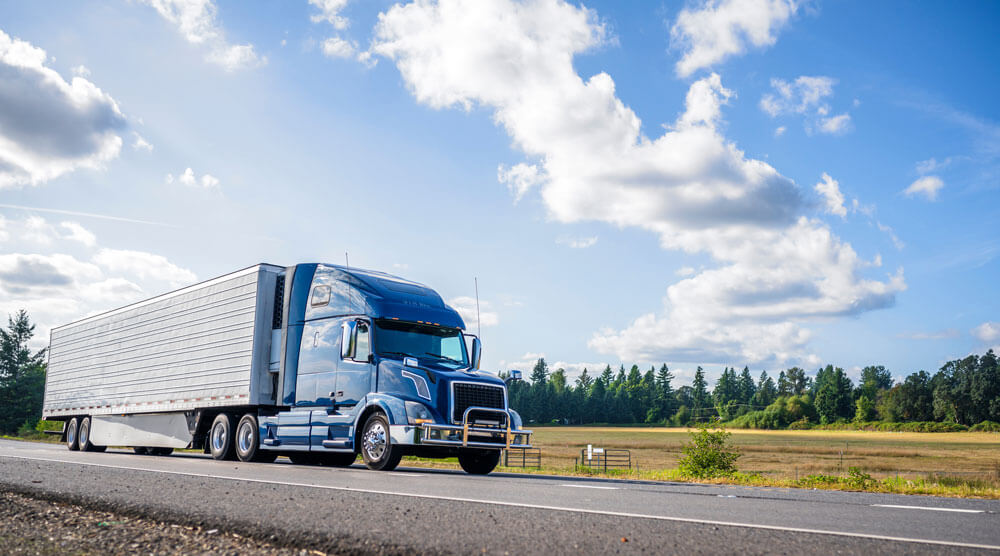Navigating the world of logistics can feel overwhelming, especially if you’re starting from scratch. Yet, with determination and the right information, you can learn how to become a freight broker with no experience. The beauty of this profession is that it’s accessible to newcomers, allowing you to build a successful career without prior knowledge. Here’s a step-by-step guide to get you started.
Understanding the Role: What Does a Freight Broker Do?
Before diving into how to become a freight broker with no experience, it’s important to understand the role. A freight broker serves as a vital link between shippers who need to transport goods and carriers who can move them. This role involves negotiating rates, managing logistics, and ensuring safe and timely cargo delivery. Freight brokers are indispensable in the logistics industry, whether they’re coordinating shipments for a semi truck, securing box truck contracts, or arranging smaller deliveries.
Step 1: Educate Yourself About the Industry
In freight brokerage, knowledge is power. If you’re starting without experience, your first task is to learn about the logistics industry. Familiarize yourself with market trends, modes of transportation, and key terminology such as “what is a straight truck” or how different vehicles are used for specific loads. This foundational knowledge is essential, whether you’re dealing with standard freight or specialized cargo, like securing contracts for dump trucks. You can educate yourself through online courses, webinars, and industry reports, or by engaging with professionals on LinkedIn.
Step 2: Gain the Necessary Training and Certification
While formal education isn’t required, completing a freight broker training course gives you a competitive edge. These courses cover brokerage basics, including negotiating contracts, pricing strategies, and managing relationships with carriers and shippers.
Once you finish your training, the next step is obtaining your Broker Authority, also known as a Freight Broker License, from the Federal Motor Carrier Safety Administration (FMCSA). The process involves submitting an application, paying fees, and securing a surety bond to assure shippers and carriers that you’ll honor your agreements.
Step 3: Establish Your Freight Brokerage Business
With your license in hand, it’s time to set up your brokerage. This step involves:
- Developing a Business Plan: Outline your business goals, target markets (like securing box truck contracts), competition, and financial projections.
- Registering Your Business: Get a tax ID and register for state and local taxes.
- Setting Up an Office: While you can start from home, you’ll need essential office equipment like a computer, printer, and a reliable phone and internet connection.
Step 4: Build Relationships and Network
Setting up your brokerage is just the beginning. The next step is cultivating relationships with shippers and carriers. Networking is vital in this business—attend industry events, join online forums, and participate in logistics conversations. For instance, understanding how to get dump truck contracts or arranging shipments for a semi truck can open up new partnership opportunities. Strong connections lead to more business prospects and referrals.
Step 5: Commit to Continuous Learning and Adapting
The logistics industry is always evolving, so staying informed is crucial for long-term success. Join professional organizations, attend webinars, and keep up with industry trends. By continually learning and adapting, you can distinguish yourself from other freight brokers and effectively manage challenges as they arise.
Tying It All Together: Start Small, Think Big
Learning how to become a freight broker with no experience is a process that involves patience and ongoing effort. Start small by focusing on specific markets or types of vehicles, like understanding what a straight truck is or pursuing niche opportunities with box truck contracts. As your experience grows, so can your business. Whether you’re coordinating shipments for a semi truck or figuring out how to get dump truck contracts, every step forward is progress.
Bottom Line
Everyone starts somewhere, and the logistics industry is no exception. Although learning how to become a freight broker with no experience may seem challenging at first, your commitment to learning and growth will pave the way for a thriving business. With a solid plan, continuous learning, and the willingness to adapt, you can build a successful freight brokerage from the ground up.
Remember, persistence pays off, and the opportunities in logistics are vast—embrace the challenge, and make your mark in the industry.


